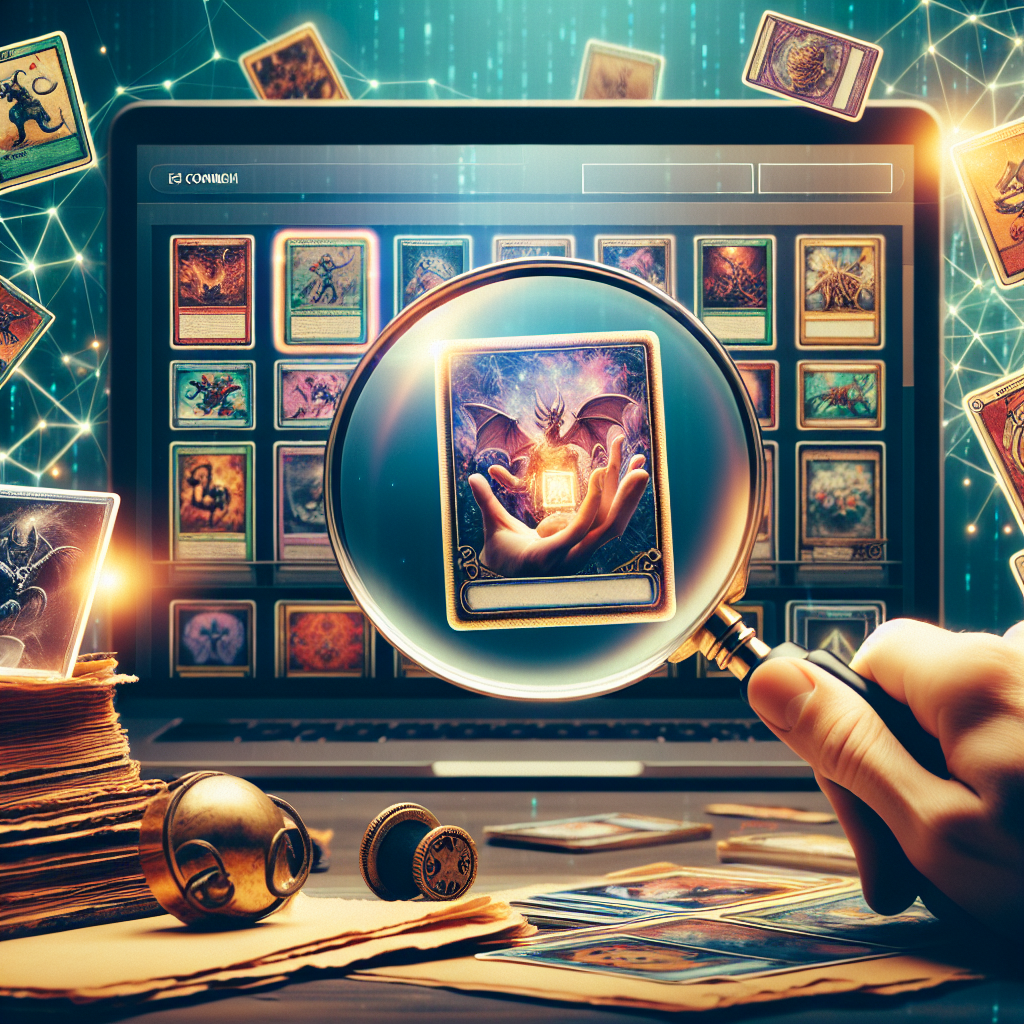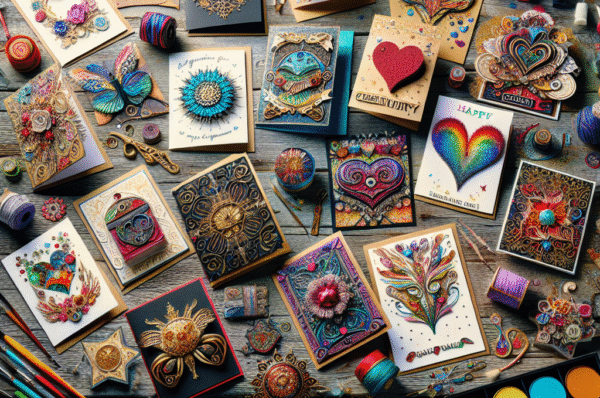In a world increasingly dominated by digital experiences, where gaming is defined by bits and bytes, trading cards have made a remarkable comeback. Once dismissed as relics of childhood, they are now being celebrated by a new generation of collectors and players, reclaiming their place in leisure culture. This article explores the reasons behind the resurgence of trading cards, the cultural significance they hold, and the transformative role they play in connecting communities.
The Nostalgic Pull
For many, trading cards evoke memories of childhood—collecting, trading, and bonding over favorite players or characters. The nostalgia factor has strong emotional resonance, drawing in older collectors who recall afternoons spent flipping through card binders or eagerly anticipating the next pack. This emotional connection often fuels new collectors, including younger generations who discover these tangible pieces of art and history for the first time.
Digital Meets Physical: The Hybrid Model
In an era where everything from shopping to socializing occurs online, trading cards have deftly adapted to both worlds. Digital platforms offer virtual collectibles that mimic the thrill of traditional trading cards. Mobile apps and online marketplaces now allow collectors to trade and sell cards digitally, bridging the gap between physical and digital experiences. Notably, platforms like Top Shot and Pokémon TCG Online integrate elements of gamification, enhancing the collector experience while reaching a broader audience.
Moreover, augmented reality (AR) and virtual reality (VR) technologies are beginning to reshape how these cards are experienced. Imagine displaying a prized card in a virtual environment or engaging in gameplay with friends in a digital space that feels just as real as face-to-face interactions. These innovations are reinvigorating interest in card collecting, ensuring it remains relevant in the digital age.
The Thrill of Competition
For many, trading cards are not just about collecting; they are about competition. Trading card games (TCGs) like Magic: The Gathering and Pokémon provide a structured arena where strategy, creativity, and skill play out in thrilling matches. Local game shops have become community hubs, hosting tournaments that bring players together and foster camaraderie. The competitive aspect of trading cards attracts both veterans and newcomers alike, as they seek to hone their skills and showcase their collections in a fun, engaging environment.
The Investment Angle
The trading card boom is not just a nostalgic endeavor; it also presents a lucrative investment opportunity. Rare cards, particularly those graded by reputable organizations, have skyrocketed in value, sometimes fetching hundreds of thousands of dollars at auction. As collectors become more discerning, they view trading cards as a tangible asset, comparable to stocks or art. This speculative angle has brought an influx of new investors to the hobby, further energizing the market.
Community and Connectivity
Perhaps the most compelling aspect of the trading card resurgence is the sense of community it fosters. Online forums, social media groups, and local meet-ups create spaces where enthusiasts can connect, share, and celebrate their passion. Trading cards forge friendships and build networks, uniting people across geographical boundaries. In an increasingly disconnected world, these communal experiences create meaningful relationships founded on a shared love of cards.
Conclusion
The resurgence of trading cards is a testament to the enduring appeal of tangible, interactive hobbies in our digital landscape. They offer a blend of nostalgia, competitive spirit, investment potential, and community, catering to various interests and age groups. Whether you’re a seasoned collector or a curious newcomer, the world of trading cards invites you to engage in a vibrant community that celebrates the past while looking toward the future. In this age of virtual connection, trading cards have demonstrated that some things are best experienced in the flesh—offering not just a collectible, but a meaningful way to connect with others, both near and far.




